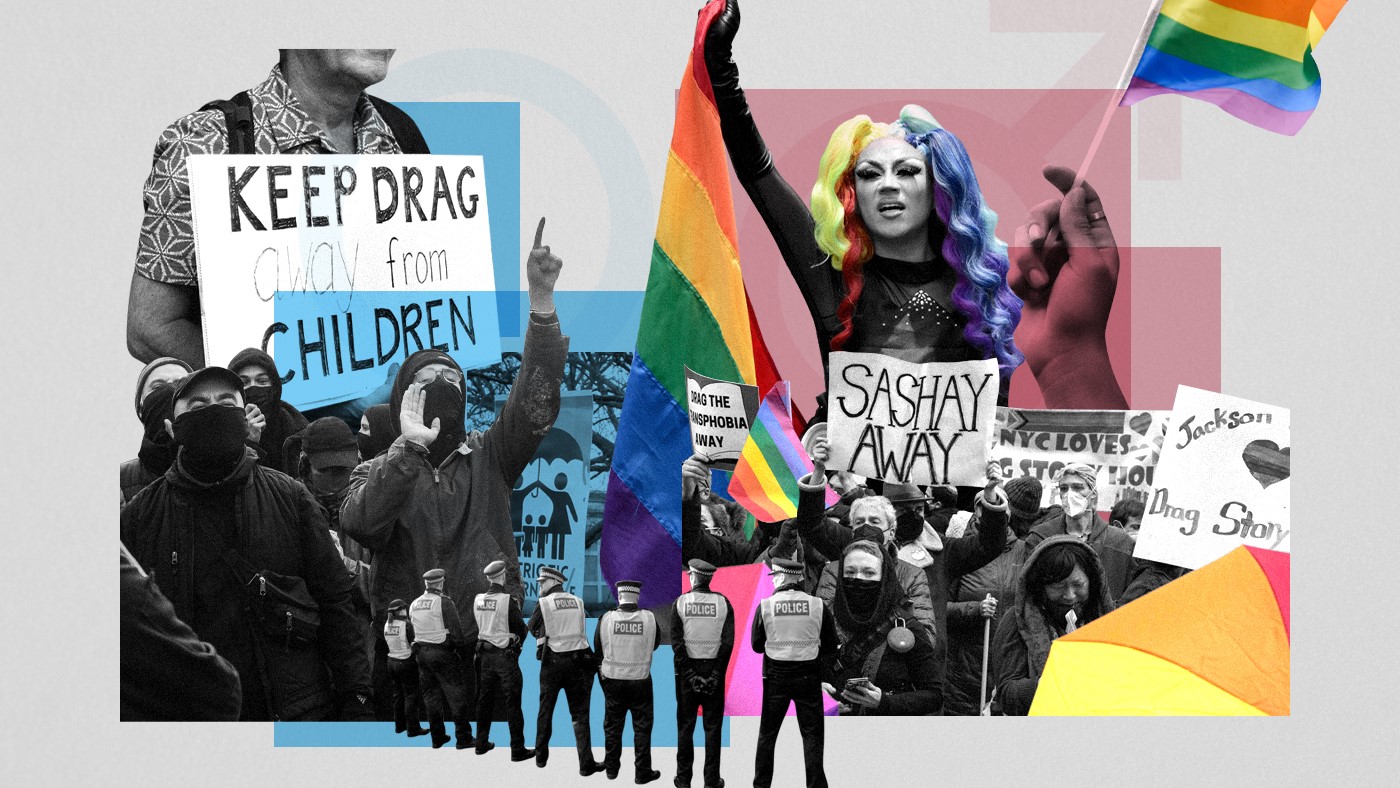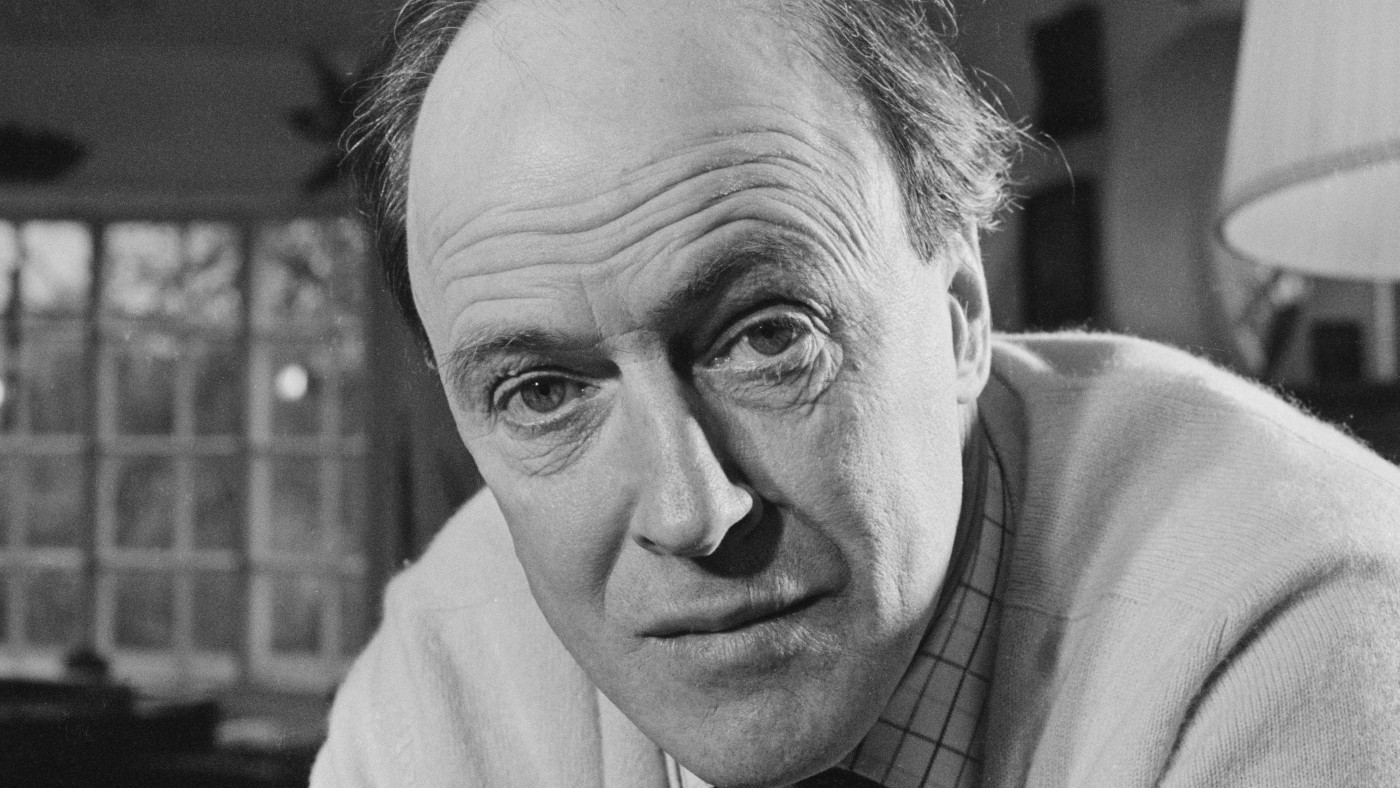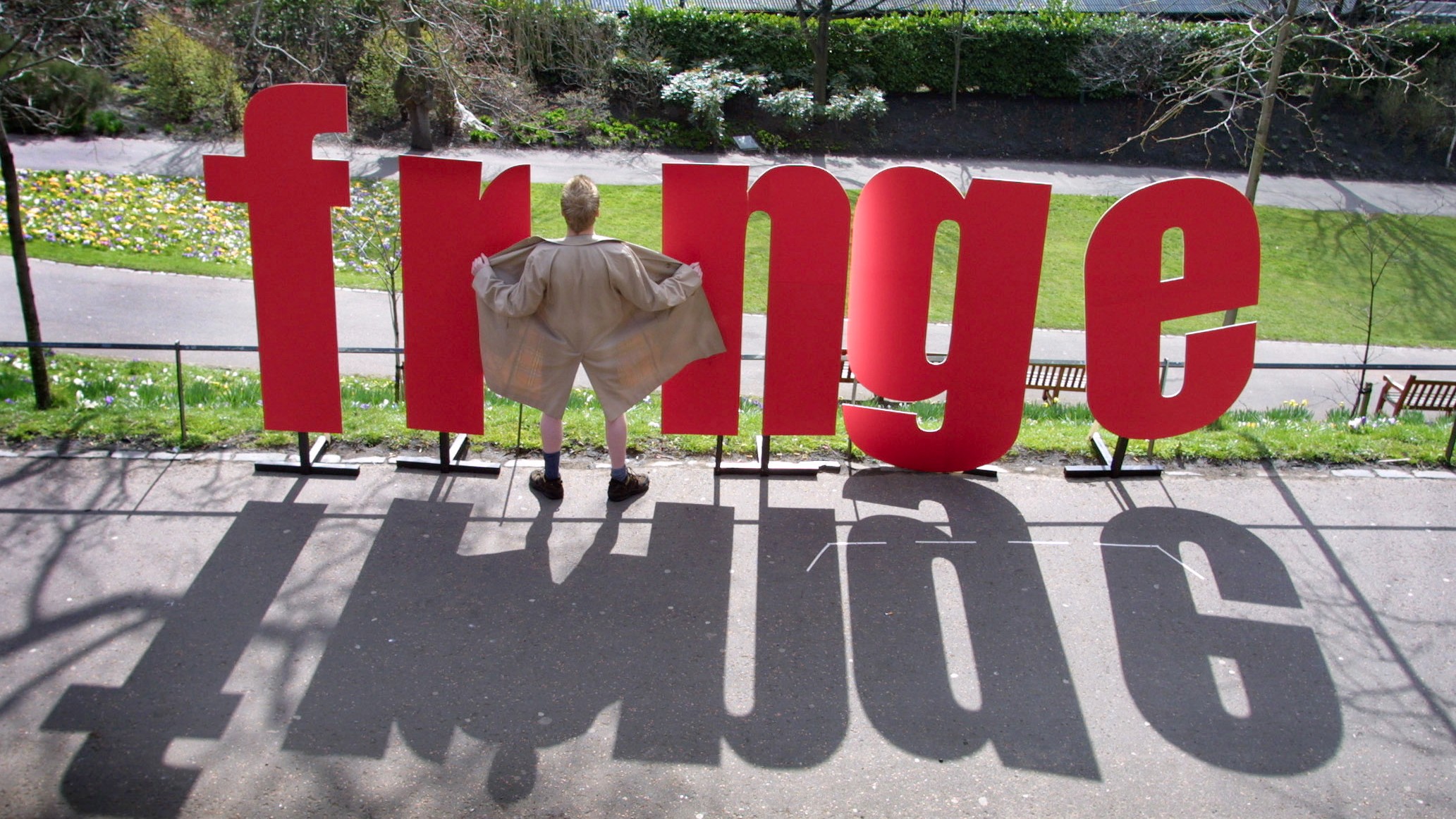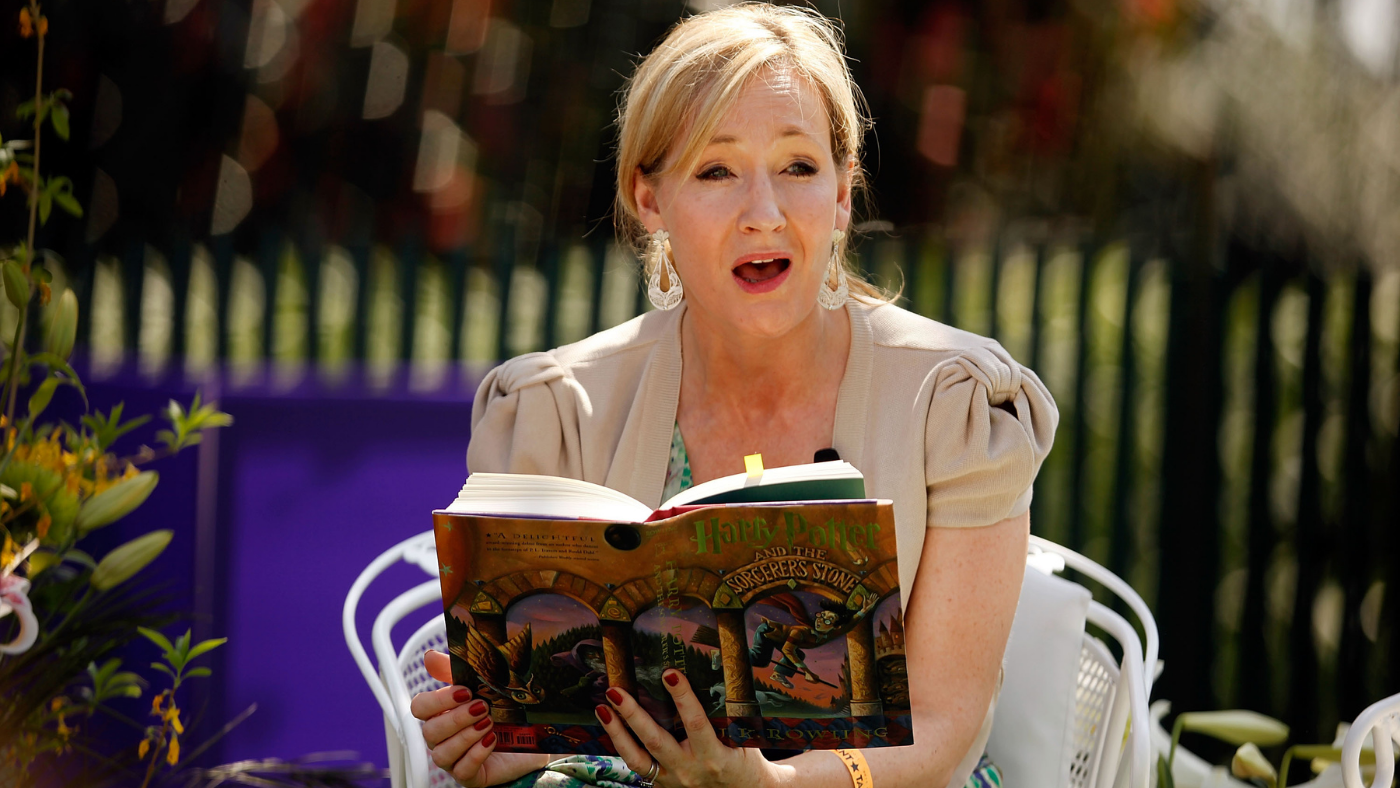The meaning of woke
School chief urges headteachers to challenge anyone who criticises young people for ‘wokeness’
A free daily email with the biggest news stories of the day – and the best features from TheWeek.com
You are now subscribed
Your newsletter sign-up was successful
Parents and teachers should not mock young people for being “woke”, the head of the Girls’ Schools Association has argued.
In a speech, Samantha Price, headmistress of Benenden School in Kent, urged fellow headteachers to challenge anyone who “dismisses this generation as woke, being part of a cancel-culture or snowflakes”, reported the BBC.
Turning to the much-disputed definition of the term, she said that “this so-called ‘woke’ generation are actually simply young people who care about things: about causes, about the planet, about people”. She added that it ultimately comes down to being kind, and asked: “Isn't that what we all want our toddlers to be?”
The Week
Escape your echo chamber. Get the facts behind the news, plus analysis from multiple perspectives.

Sign up for The Week's Free Newsletters
From our morning news briefing to a weekly Good News Newsletter, get the best of The Week delivered directly to your inbox.
From our morning news briefing to a weekly Good News Newsletter, get the best of The Week delivered directly to your inbox.
The Evening Standard’s Natasha Mwansa agreed, writing that over the past couple of years the word woke “has fallen under the same umbrella as terms like snowflake and social justice warrior”.
Though the term has origins as far back as the 1940s, it has “become a way to silence and shame people into staying quiet about issues that actively put people at harm when not addressed”, she said.
What it means to be woke
The Oxford English Dictionary defines woke as “originally: well-informed, up-to-date. Now chiefly: alert to racial or social discrimination and injustice”.
A free daily email with the biggest news stories of the day – and the best features from TheWeek.com
The term is most frequently traced to an essay called “If you’re woke you dig it” by African-American novelist William Melvin Kelley that was published in The New York Times in 1962, though some have traced its use as far back as the 1940s.
Since then, the term has been widely used among black Americans, but it took on particular prominence during the beginnings of the Black Lives Matter movement. Through the use of the hashtag #staywoke, activists issued a call to arms against the various racial injustices occurring across the globe.
The term gained wider prominence through its use in popular culture such as the song Redbone by Childish Gambino, aka Donald Glover.
Today, however, woke is most commonly used as a pejorative term, or in a joking sense about any vaguely enlightened act.
Woke ‘weaponised by the right’
Although the term originated from a racially political movement, the “butt of many ‘woke’ jokes seem to be white folk who care – or seem to care – about ethnic minority issues”, said Metro.co.uk.
Columnist Alice Thomson in The Times agreed. “The term the older generation say they hate is ‘woke’, although the word is only ever used by anyone over 30,” she wrote. “I have never heard a teenager proclaim ‘I’m woke’... but it’s the new form of insult about the young, the media’s 21st-century version of ‘political correctness gone mad’”.
In 2020, The Telegraph columnist Charles Moore suggested that the trend of woke culture has resulted in people claiming victimhood, with others automatically believing them rather than looking at the evidence. “This is not a grown-up state of mind, and it rightly creates a sense of gross injustice in the minds of those falsely accused, whether they be a whole group, such as men, or a named individual,” he wrote.
But Steve Rose in The Guardian argued that the word had been “weaponised by the right” and it “has come to connote the opposite of what it means”. But, he added, “as long as the underlying injustices remain, new words will emerge to describe them”.
The ‘cultural appropriation’ of woke
In 2016, journalist Amanda Hess raised concerns that the term woke had been culturally appropriated. In an article for The New York Times Magazine, she argued: “The conundrum is built in. When white people aspire to get points for consciousness, they walk right into the cross hairs between allyship and appropriation.”
Elijah Watson, news and culture editor for hip-hop site Okayplayer, told NPR that the word “was something that we were taking seriously and then it kind of transformed into something ironic and then it became a meme and then it became a trademark”.
After writing a definitive history of the term, Watson said that he no longer uses it. He compares the co-opting of woke to the way that music steeped in black tradition moves through mainstream culture.
“We made jazz, we made rap, we made all these different things,” Watson said. “It’s sad to say but we’re used to being taken advantage of and to have things stolen from us. But at the same time we’re quick to evolve and adapt because we need to in order to survive.”
But “the more woke is used as a slur, joke or shorthand to mock the hypersensitivity of the left, the more we need it”, argued The Guardian’s Chitra Ramaswamy. She added that when she was a child, “there were no words for any of this, but the microaggressions, triggering and misogynoir went on regardless”.
In an opinion piece for The New York Times, David Brooks said that while “it’s always good to be more woke”, wokeness “jams together the perceiving and the proposing”.
In fact, “wokeness puts more emphasis on how you perceive a situation – how woke you are to what is wrong – than what exactly you plan to do about it”, he wrote.
The fight against woke
In recent years, the term has become increasingly loaded. A July 2021 survey for London’s centre-right think tank Centre for Policy Studies found that out of 20 ideologies, wokeism was the third most “concerning” for British people, outranked only by racism and religious fundamentalism.
It was the number one concern among Tory voters, with more than a third saying it bothered them more than other behaviours or practices such as homophobia, anti-Semitism and sexism, while only 11% of Labour voters listed it as their main concern.
In a television debate on 22 November ahead of next year’s French presidential election, French Right candidate hopeful Michel Barnier laid into “wokeism” and cancel culture, describing them as “not micro-aggressions but dangerous, extreme-Left ideologies we must absolutely fight”.
“Woke ideology wants to destroy our national cohesion,” added the former chief EU Brexit negotiator.
-
 How the FCC’s ‘equal time’ rule works
How the FCC’s ‘equal time’ rule worksIn the Spotlight The law is at the heart of the Colbert-CBS conflict
-
 What is the endgame in the DHS shutdown?
What is the endgame in the DHS shutdown?Today’s Big Question Democrats want to rein in ICE’s immigration crackdown
-
 ‘Poor time management isn’t just an inconvenience’
‘Poor time management isn’t just an inconvenience’Instant Opinion Opinion, comment and editorials of the day
-
 Cultural copying: Western fast fashion is co-opting South Asian culture
Cultural copying: Western fast fashion is co-opting South Asian cultureUnder the radar Reformation's new collection resembles traditional South Asian garments
-
 Are complaints about wokeness in comedy valid or just the usual 'the olds don't get it' issue?
Are complaints about wokeness in comedy valid or just the usual 'the olds don't get it' issue?In the Spotlight Jerry Seinfeld has been in the news for his recent remarks, but political correctness has long been criticized for interfering with jokes
-
 How drag became a battle in the culture wars
How drag became a battle in the culture warsfeature Reading events for children targeted by far-right and anti-woke groups on both sides of the Atlantic
-
 Rewriting Roald Dahl: ‘absurd censorship’ or a sign of the times?
Rewriting Roald Dahl: ‘absurd censorship’ or a sign of the times?Talking Point References to weight, mental health, gender and race have been changed having been deemed offensive to modern readers
-
 Should Edinburgh Fringe have cancelled Jerry Sadowitz?
Should Edinburgh Fringe have cancelled Jerry Sadowitz?Talking Point Controversial comedian’s show pulled from world’s largest arts festival over ‘not acceptable’ material
-
 What is a ‘trigger warning’ and why are they controversial?
What is a ‘trigger warning’ and why are they controversial?feature Debate continues over whether content labelling helps or harms students
-
 Why everyone’s talking about American Dirt
Why everyone’s talking about American DirtIn Depth Jeanine Cummins novel criticised as ‘cultural appropriation’ and ‘opportunistic’
-
 What is blackfishing?
What is blackfishing?In Depth Pop star Jesy Nelson embroiled in appropriation row following release of first solo music video since quitting Little Mix last year